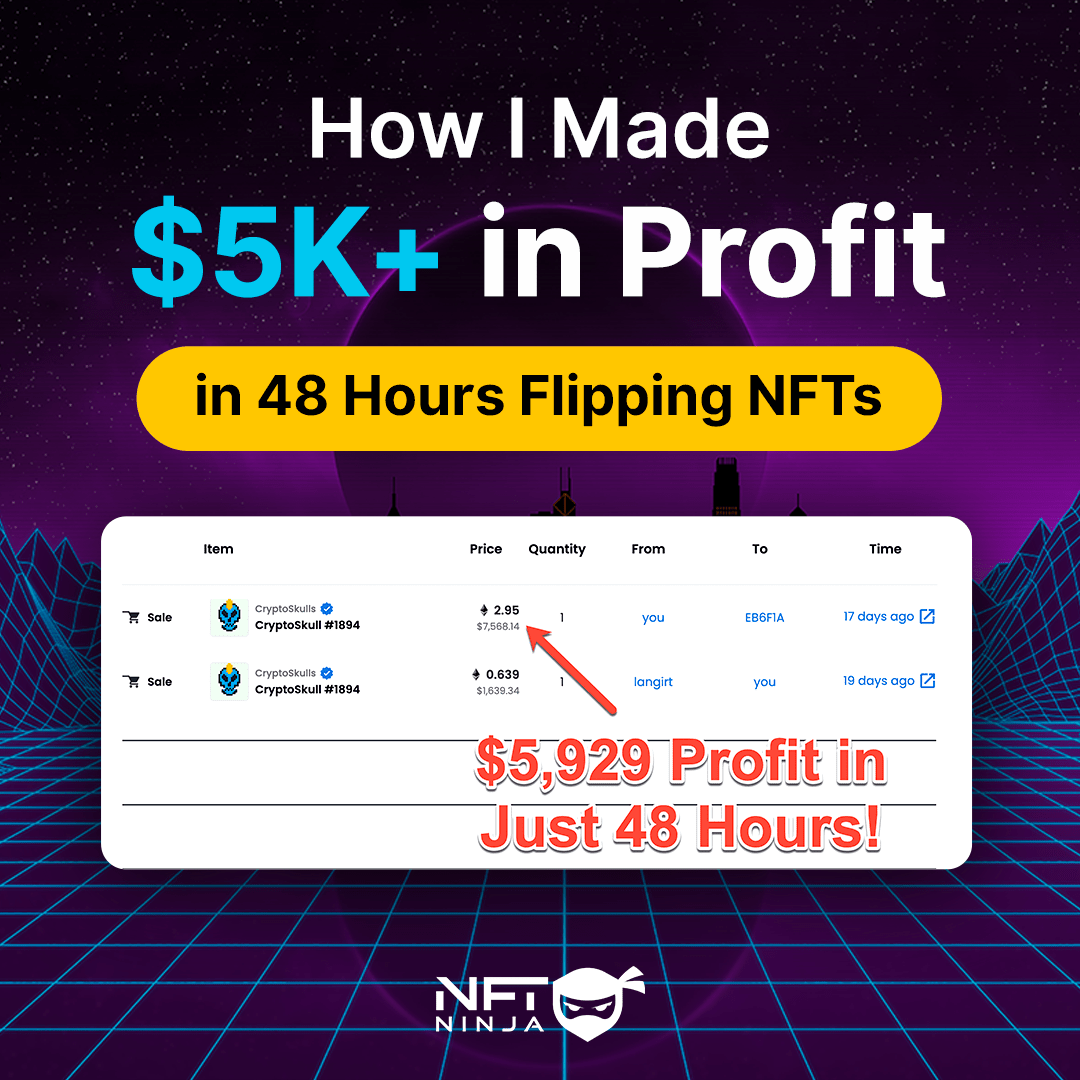The Nigerian government finds itself at a crossroads regarding its stance on the cryptocurrency industry, leaving the community perplexed and uncertain about its regulatory intentions. Nathaniel Luz, co-founder and chief marketing officer of Flincap, a local crypto over-the-counter (OTC) exchange, urges clarity from authorities to mitigate confusion and foster a conducive environment for crypto innovation.
Mixed Signals and Access Issues
Recent reports of Nigerian crypto users facing access issues to popular exchanges like Binance and OctaFX have sparked concerns within the community. Speculation abounds regarding a potential government ban on crypto platforms, further exacerbating uncertainty about the regulatory landscape.
Blame Game vs. Regulatory Clarity
Luz highlights the government’s tendency to attribute forex challenges, such as the depreciating value of the naira, to the local crypto trade industry. However, he contends that factors like excess naira, import reliance, and currency exchange dynamics are the true culprits behind Nigeria’s economic woes.
Licensing Hurdles and Industry Impact
Despite lifting the 2021 crypto ban, Nigerian authorities have imposed stringent licensing requirements, posing challenges for startups seeking compliance. Luz emphasizes the need for the government to address licensing barriers rather than scapegoating the crypto ecosystem for forex fluctuations.
P2P Dominance and Regulatory Evolution
Nigeria’s emergence as the world’s largest P2P market underscores the resilience of its crypto community amid regulatory uncertainty. The ban on institutional crypto trading in 2021 spurred a P2P boom, signaling the need for a nuanced regulatory approach to accommodate evolving market dynamics.
In navigating Nigeria’s crypto landscape, regulatory clarity is paramount to foster innovation and investor confidence. Only through proactive engagement and collaboration can the government and the crypto community forge a symbiotic relationship that benefits all stakeholders.


















